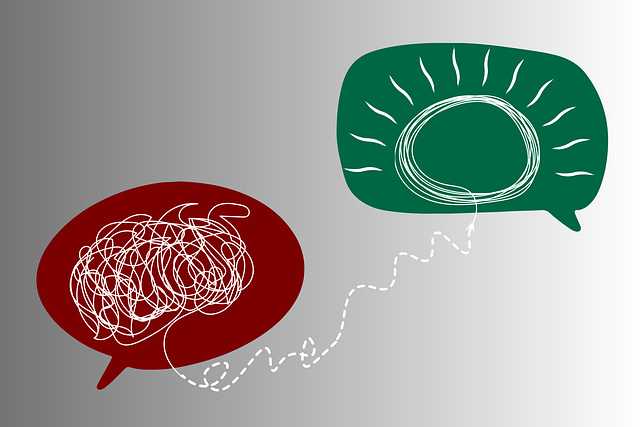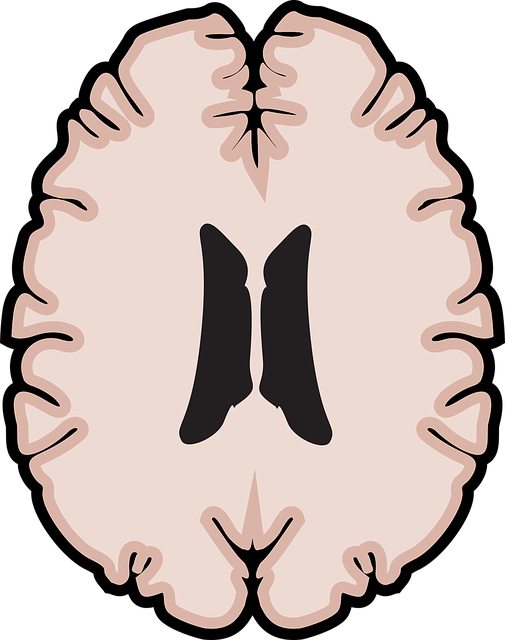The stigma around mental illness severely affects children with chronic pain, leading to isolation and emotional struggles. Increasing recognition of conditions like fibromyalgia and complex regional pain syndrome in pediatrics highlights the need to combat this stigma. Cognitive-behavioral therapy (CBT) empowers kids with coping strategies, improving confidence and well-being. Education initiatives, mental health curricula, and community outreach programs reduce stigma by fostering understanding and encouraging help-seeking behaviors. Tailored therapeutic interventions, including trauma support, address both physical and mental aspects of chronic pain. Community engagement normalizes conversations about mental wellness, breaking down barriers through inclusive practices and advocacy for accessible, non-judgmental mental health services.
Mental illness stigma remains a significant barrier for children experiencing chronic pain, often leading to delayed access to essential therapy. This article explores comprehensive strategies to reduce stigma, focusing on education, therapeutic interventions, community engagement, and policy advocacy. We delve into the root causes of stigma affecting kids with chronic pain and present evidence-based approaches that promote understanding, acceptance, and improved healthcare inclusivity. By fostering supportive environments, we can ensure timely access to therapy for children in need.
- Understanding Mental Illness Stigma: Causes and Impact on Children with Chronic Pain
- The Role of Education in Reducing Stigma: Breaking Down Misconceptions
- Therapeutic Interventions: Supporting Children through Talk Therapy
- Community Engagement: Building Support Networks for Kids with Mental Health Challenges
- Policy Changes and Advocacy: Push for Inclusive Practices in Healthcare
Understanding Mental Illness Stigma: Causes and Impact on Children with Chronic Pain

Stigma surrounding mental illness can have a profound impact on children experiencing chronic pain, often exacerbating their emotional struggle. This is particularly concerning as chronic pain conditions, such as fibromyalgia or complex regional pain syndrome, are increasingly recognized in pediatric populations. The stigma associated with mental health issues, including depression, anxiety, and even perceived weakness, can lead to social isolation and a lack of empathy from peers. As a result, these children may face challenges in forming relationships, participating in social activities, and seeking necessary support for both their physical and mental well-being.
Therapy plays a pivotal role in combating this stigma. Evidence-based therapeutic approaches, such as cognitive-behavioral therapy (CBT), can empower children with chronic pain to develop coping strategies that boost confidence and promote emotional well-being. By fostering mental health awareness among both patients and their communities, these efforts aim to normalize conversations about chronic pain and reduce the associated stigma. Through education and support, children can learn to advocate for their needs, ensuring they receive holistic care tailored to their unique challenges, including access to specialized therapy for children with chronic pain.
The Role of Education in Reducing Stigma: Breaking Down Misconceptions

Mental illness stigma reduction is greatly enhanced by education initiatives aimed at dispelling misconceptions and fostering understanding. Schools, communities, and healthcare providers play pivotal roles in this process. By integrating mental health education into curricula, young people gain knowledge about various conditions, recognizing symptoms and promoting empathy towards peers facing challenges. This early exposure fosters resilience building and self-esteem improvement, breaking down barriers and encouraging support rather than isolation.
Furthermore, community outreach program implementations that target both adults and children can significantly contribute to stigma reduction. These programs often offer workshops and therapeutic sessions tailored for different age groups, addressing specific concerns like anxiety, depression, or even therapy for children chronic pain. Through open dialogues, interactive activities, and skills-building exercises, these initiatives promote mental wellness, encourage help-seeking behaviors, and ultimately create a more supportive environment where individuals feel empowered to manage their mental health effectively.
Therapeutic Interventions: Supporting Children through Talk Therapy

Mental illness stigma reduction efforts often focus on therapeutic interventions tailored to meet the unique needs of children. Talk therapy, a cornerstone of many treatment plans, offers a safe and supportive environment for kids to process their emotions and experiences. By encouraging self-awareness exercises, therapists help children understand and express their feelings, fostering a sense of agency and resilience. This proactive approach is especially crucial when addressing chronic pain in children, as it can be both a symptom and a coping mechanism for underlying mental health issues.
Trauma support services within these therapeutic settings play a vital role in building resilience. Many children struggling with chronic pain have experienced trauma, which can exacerbate their symptoms. Through tailored self-awareness exercises and trauma-focused therapies, professionals help these young individuals process past traumas and develop healthy coping mechanisms. This holistic approach ensures that children not only manage their physical pain but also cultivate the emotional strength to navigate life’s challenges.
Community Engagement: Building Support Networks for Kids with Mental Health Challenges

In reducing the stigma surrounding mental illness, particularly among children facing chronic pain and related challenges, community engagement plays a pivotal role. Building robust support networks within communities can foster an environment where young individuals feel understood and encouraged to seek help for their mental health issues. By integrating therapy for children with chronic pain into local initiatives, such as school programs or community centers, we can normalize conversations around mental wellness. This approach leverages the power of collective efforts, ensuring that kids and their families have access to necessary resources without feeling isolated.
Community engagement strategies also emphasize the importance of educating parents, caregivers, and peers about mental health matters using evidence-based Mind Over Matter principles. Public awareness campaigns focused on early intervention and depression prevention can significantly contribute to breaking down barriers. These initiatives aim to create a supportive ecosystem where children with mental health struggles are embraced and equipped with the tools to navigate their challenges, ultimately transforming societal perceptions and promoting proactive mental well-being.
Policy Changes and Advocacy: Push for Inclusive Practices in Healthcare

Mental illness stigma reduction often begins with policy changes and advocacy efforts that promote inclusive healthcare practices. By pushing for policies that prioritize mental health education programs designed to teach empathy and understanding, we can foster a more accepting society. These initiatives should encompass self-care routine development for better mental health, encouraging individuals to seek therapy for children experiencing chronic pain or other mental health challenges.
Additionally, social skills training plays a crucial role in breaking down barriers. Educating healthcare providers and the general public about the nuances of mental illness can lead to more effective treatment and reduced discrimination. Advocacy groups and community organizations actively working towards these goals are instrumental in creating a supportive environment where everyone has access to quality mental health services without fear of judgment or stigma.
Mental illness stigma is a complex issue, but through education, therapeutic interventions, community engagement, and policy changes, we can create a more supportive environment for children experiencing chronic pain. By breaking down misconceptions and advocating for inclusive healthcare practices, we enable access to effective therapy for children with mental health challenges, fostering their growth and well-being. These efforts are crucial in reducing the impact of stigma and promoting understanding, ultimately ensuring that kids receive the care they need without barriers or judgment.










